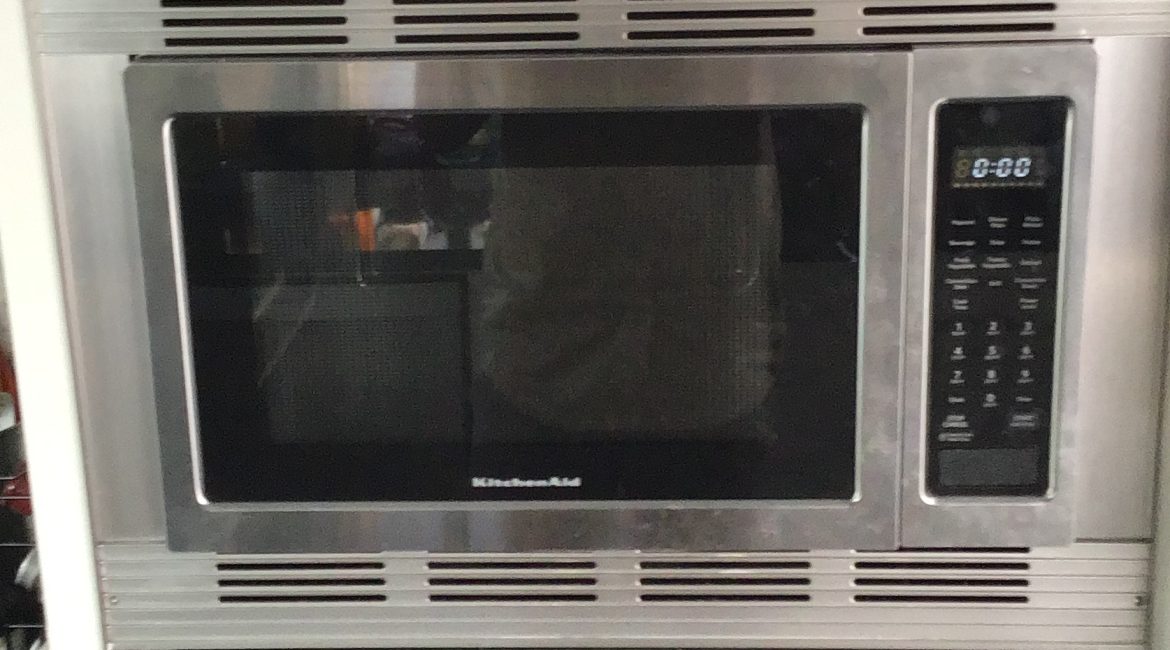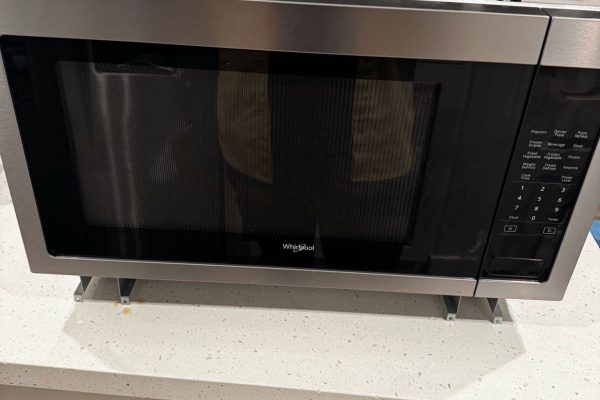Microwaves are an essential part of modern kitchens, offering the convenience of quickly heating and cooking food. However, one of the most common and frustrating problems that homeowners encounter is when the microwave runs, but the food does not heat. Understanding the reasons behind this issue is crucial, and in most cases, it is linked to either a faulty magnetron or a defective high-voltage diode.
Understanding the Microwave Heating Process
A microwave heats food using electromagnetic waves generated by a component called the magnetron. This device converts electrical energy into microwave energy, which excites water molecules in food, generating heat. The high-voltage diode, on the other hand, works in conjunction with the magnetron to ensure that electrical current flows properly, enabling the magnetron to function at full power. If either of these components fails, the microwave may operate normally in appearance—lights, turntable rotation, and timer functions may all seem fine—while failing to heat food.
Symptoms of a Faulty Magnetron
A magnetron is one of the most critical and expensive components in a microwave. When it begins to fail, you may notice the following signs:
- Food remains cold despite the microwave running for several minutes.
- A burning or unusual metallic smell may be present inside the microwave.
- A loud buzzing or humming noise that is not typical of regular operation.
A magnetron failure can occur due to prolonged usage, overheating, power surges, or internal component wear. Because it involves high-voltage electronics, diagnosing and replacing a magnetron should be done by a trained technician to ensure safety.
High-Voltage Diode Issues
The high-voltage diode works as a one-way conductor for the electrical current that powers the magnetron. When the diode burns out or becomes defective, the magnetron cannot receive the correct voltage, and as a result, the microwave fails to heat food. Common indicators of a diode issue include:
- The microwave turns on, the turntable spins, and the timer works, but heating does not occur.
- Sporadic heating, where sometimes the microwave works but inconsistently.
- Visible signs of damage on the diode, such as burn marks or corrosion.
Replacing a high-voltage diode is usually less expensive than a magnetron replacement, but it still requires professional handling due to the potential electrical hazards.
Safety Considerations
Microwaves contain high-voltage components that can retain dangerous levels of electricity even when unplugged. Attempting to repair a magnetron or high-voltage diode without proper knowledge and tools can result in electric shock, injury, or further damage to the appliance. Therefore, always prioritize safety and avoid DIY fixes for these issues.
Professional Repair Services
When your microwave stops heating, it’s best to contact a professional appliance repair service. Technicians are trained to safely diagnose whether the problem lies with the magnetron, the high-voltage diode, or another component entirely. They have the correct tools and replacement parts to restore your microwave to full working order.
Preventive Tips
Although some failures are unavoidable, proper use and care can extend the life of your microwave:
- Avoid running the microwave empty, as this can stress the magnetron.
- Clean the interior regularly to prevent food debris from causing electrical issues.
- Ensure proper ventilation around the appliance to prevent overheating.
- Avoid overloading the microwave with heavy containers that may strain internal components.
A microwave that fails to heat food is not just inconvenient—it can disrupt your daily routine. In most cases, the issue stems from a faulty magnetron or high-voltage diode. Diagnosing and repairing these components requires specialized knowledge and tools. For reliable, safe, and effective repairs, contact Poway Appliance Repair Service Center. Their skilled technicians can quickly identify the problem and restore your microwave to full functionality, ensuring your kitchen stays efficient and convenient.
Contact us


